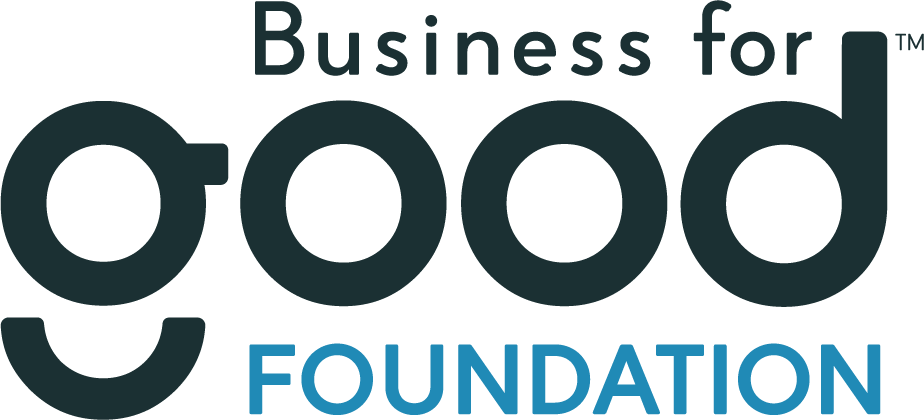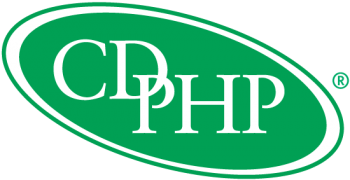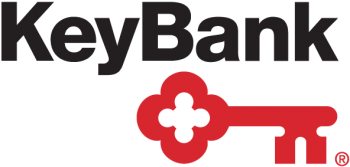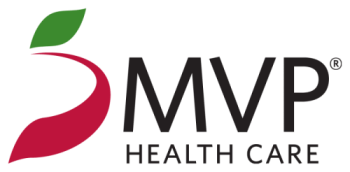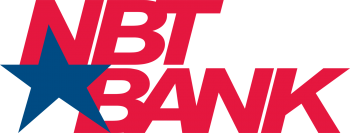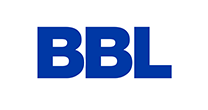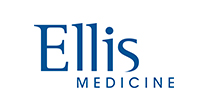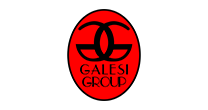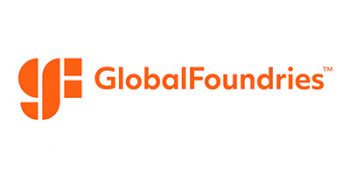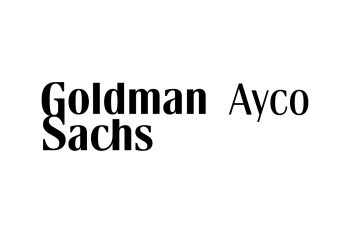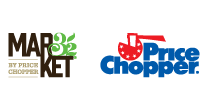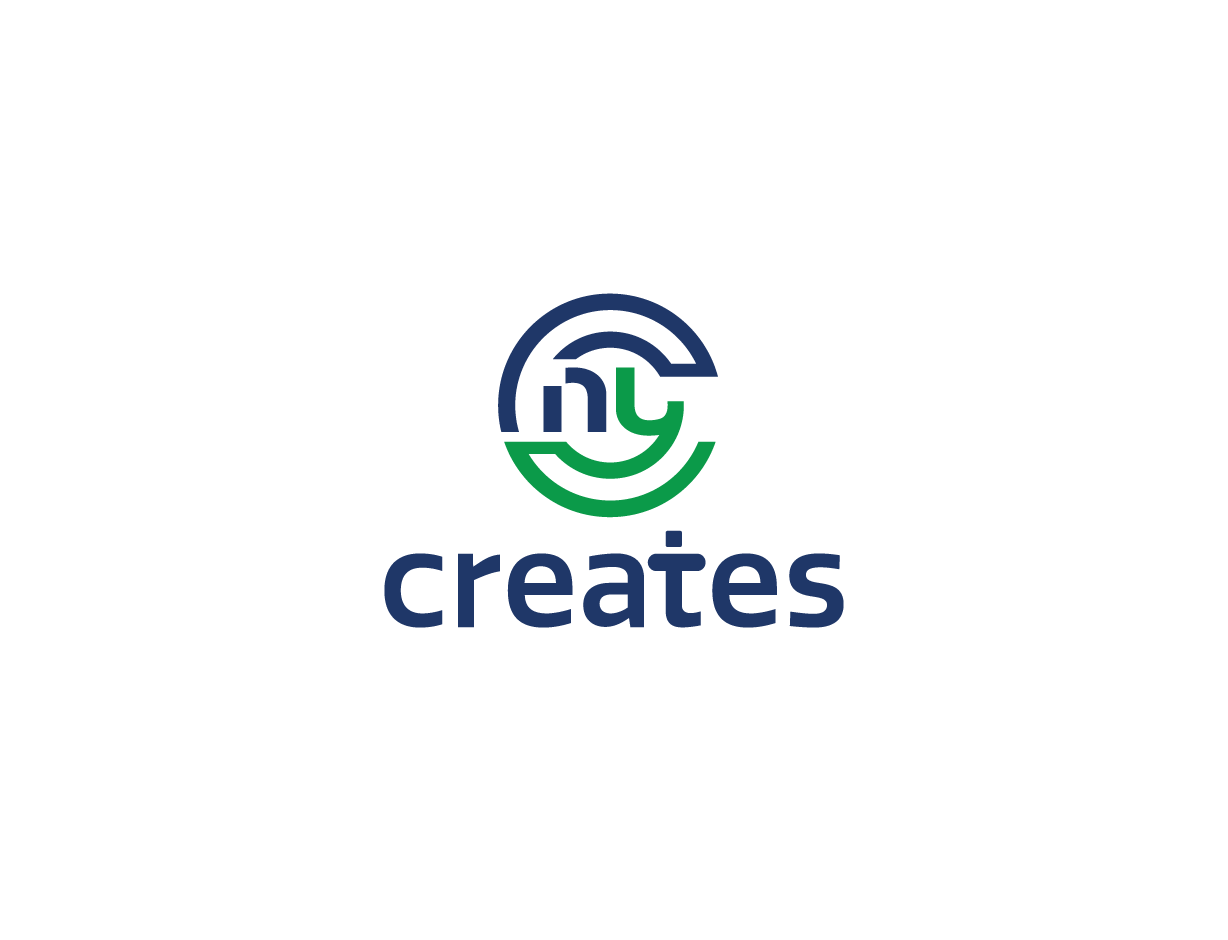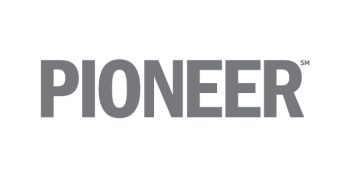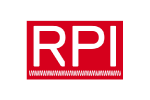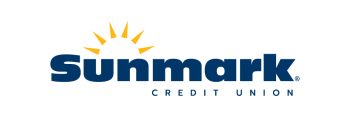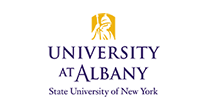News
December 16, 2020Capital Region Has 40 FDA-Registered Drug Establishments, Including Most API MFGs in NYS
While Regeneron Pharmaceuticals’ East Greenbush plant attracts global interest for making its COVID-19 antibody cocktail consisting of two active pharmaceutical ingredients (APIs), there are several other facilities in the Capital Region that are busy making APIs for other drugs. In fact, the eight-county region has the most API manufacturers out of New York’s 10 economic development regions, according to a Center for Economic Growth (CEG) analysis of the FDA’s Drug Establishments Current Registration Site (DECRS).
The United States imports many APIs from China, and the Albany College of Pharmacy and Health Sciences (ACPHS) is preparing to help the nation reduce its dependence on these imports through its Center for Biopharmaceutical Education and Training (CBET), which will open in January 2021. This biopharmaceutical training center at the Albany NanoTech Complex will educate and train pharmacists, life scientists and engineers to be a resource for API companies such as Regeneron and AMRI.
“CBET offers education and training programs in areas important for APIs, such as process analytic and purification strategies, quality control, quality assurance, fill and finish, trouble shooting and root-cause analysis. We believe that CBET will play a significant role in supporting this industry by providing the technical expertise that biopharmaceutical companies need to expand and grow,” said CBET Founding Director Dr. Kamal Rashid.
Drug Establishments
In the Capital Region, there are 40 drug establishments registered with the FDA. Facilities are required to register with the FDA if they manufacture, repack, relabel, or salvage a drug or an animal feed with a new animal drug. In the Capital Region, these facilities include manufacturers of APIs, over-the-counter (OTC) drugs and gases. Also included are labeling and packaging operations and drug analysis laboratories.
API Manufacturing
The active ingredients of Regeneron’s COVID-19 antibody cocktail are casirivimab and imdevimab. In addition to being administered to President Trump, the cocktail in clinical trials “reduced viral load and the time to alleviate symptoms in non-hospitalized patients with COVID-19.” Last month the FDA authorized the emergency use of the casirivimab and imdevimab cocktail. Regeneron’s co-founder and president, George D. Yancopoulos, has said the company’s East Greenbush plant will be entirely “devoted to this effort, which on its own could supply hundreds of thousands, if not over the course of time, maybe even on the order of a million or so doses per month.”
Regeneron’s Industrial Operations and Product Supply manufacturing facility in East Greenbush is one of six API manufacturers in the Capital Region – more than in any region of the state. They include silver nitrate maker Ames Goldsmith in Glens Falls, pharmaceutical-grade gas producer Messer in Feura Bush, Agrochem in Saratoga Spings, and AMRI’s Albany and Rensselaer facilities. And just outside the region, but within the Albany-Schenectady-Troy metropolitan statistical area, is Dr. Reddy’s Laboratories’ 292,000-square-foot API manufacturing facility in Middleburgh that primarily makes global generics. Dr. Reddy’s is India’s second largest drugmaker by sales, and its only API manufacturing plant in the United States is in Schoharie County. The Finger Lakes had the state’s second most API manufacturers in New York, totaling four.
The FDA defines an API as “any substance that is intended for incorporation into a finished drug product and is intended to furnish pharmacological activity or other direct effect in the diagnosis, cure, mitigation, treatment, or prevention of disease, or to affect the structure or any function of the body. Active pharmaceutical ingredient does not include intermediates used in the synthesis of the substance.”
Other Drug Establishments
API manufacturing is only a part of the drug production process. According to the FDA, other types of drug manufacturing include “making by chemical, physical, biological, or other procedures or manipulations of a drug, or an animal feed bearing or containing a new animal drug, including control procedures applied to the final product or to any part of the process.” Several local manufacturing establishments make hand sanitizers or gases such oxygen.
The Capital Region tied Western New York for the most drug establishment analysis operations. Both regions had five, which includes laboratories. In the Capital Region they included Biomed Innova in Albany, GlaxoSmithKline Consumer Healthcare in East Durham, AMRI’s Albany and Rensselaer facilities and Regeneron’s East Greenbush plant.
The region had one of New York’s two particle-size reduction operations (AMRI Rensselaer) as well as the state’s most medical animal feed operations: Agrochem in Saratoga Springs and Cargill and Westway Feed Products in Albany. The region also has two of the state’s eight Positron Emission Tomography (PET) drug production operations: PETNET Solutions in Albany and N-Molecular (dba SOFIE) in Colonie.
Drug Manufacturing Workforce
These drug establishments have created in the Capital Region of the largest pharmaceutical and medicine manufacturing industry workforces in the country. In 2019, this industry employed 3,189 in the Albany-Schenectady-Troy metropolitan statistical area (MSA). That was the 15th most among metros nationwide, and it meant the area had the seventh most concentrated pharmaceutical and medicine manufacturing workforce, as measured by its location quotient (3.44).
There are indications this industry continued to grow during last spring’s lockdown, with the region’s chemical manufacturing subsector adding in Q2 more jobs over the year than any other manufacturing subsector throughout the eight counties. CBET will serve as a new talent pipeline for this rapidly expanding industry.
“Training is not a luxury and the FDA wants to know whether a biomanufacturing facility has the right number of people, following the right procedures, according to cGMP regulations. This means companies must improve door-to-floor training programs, regularly train and retrain employees, document it, and be able to show FDA inspectors and regulators that the training program is effective. CBET has top biopharmaceutical executives in the center’s advisory group who will help ensure the center’s programs are designed to be of most benefit to these companies,” said CBET’s Rashid.


